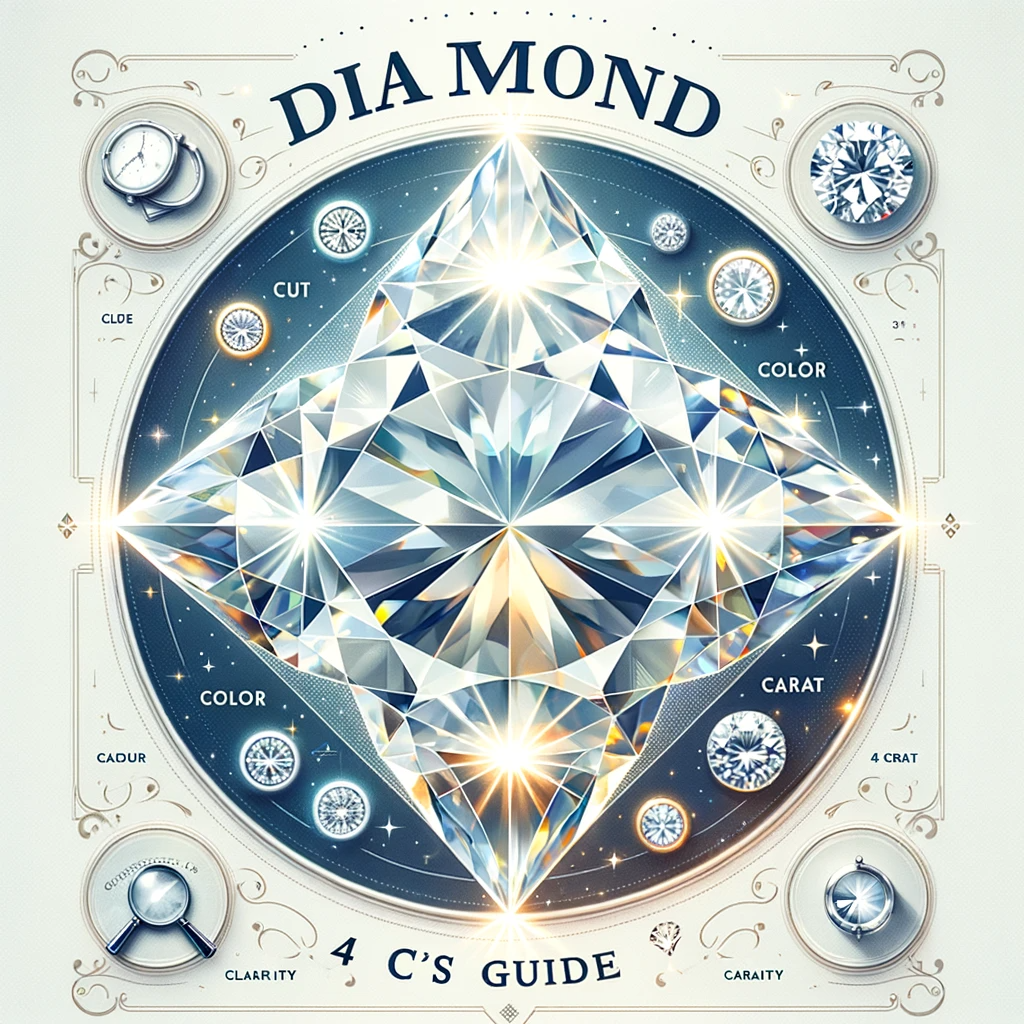THE 5 LOVE LANGUAGES. WHICH ONE IS YOUR PARTNER'S?

In love, we don't all communicate in the same way, and sometimes, no matter how hard we try, we fail to convey what we truly feel. Just as there are different languages that allow us to understand each other in the world, there are also unique ways we communicate in love. Words, gestures, actions, touches, or gifts have different meanings depending on the emotional language we use. In this context, it's essential to identify your partner's love language, as understanding how they express and receive love can completely transform the relationship. Do you know what yours and your partner's are?
What are love languages?
Dr. Gary Chapman developed the theory of the five love languages to explain how people express and receive affection differently. These languages—Words of Affirmation, Acts of Service, Receiving Gifts, Quality Time, and Physical Touch—can make all the difference in a relationship, as knowing your partner's language will allow you to show love in the way they best understand. Identifying these emotional codes not only strengthens the connection but also prevents misunderstandings and helps build a more fulfilling and satisfying relationship.
Does it have any relation to our childhood?
Childhood emotional experiences influence how we perceive and express love as adults. If you grew up in an environment where kind words were scarce, you may now value verbal affirmation more. Similarly, those who received affection through actions may prioritize acts of service in their relationships. Identifying these patterns helps improve communication with your partner and build stronger bonds. We'll explain each one in detail now.
Words of affirmation
People whose love language is words of affirmation are often sensitive to verbal communication and need constant expressions of appreciation to feel valued.
They tend to be thoughtful people who are attentive to emotional details, so praise, recognition, and expressions of gratitude strengthen their self-esteem and security in relationships. However, harsh criticism, indifference, or a lack of kind words can make them feel insecure or unappreciated.
For them, positive verbal communication is not just a nice gesture, but a key emotional need.
Quality time
People whose love language is quality time deeply value their partner's presence and attention. They tend to be thoughtful, affectionate, and seek deep connections through meaningful conversations or shared activities.
For them, a lack of attention or constant distractions, such as excessive phone use or a lack of interest in sharing time together, can lead to frustration or make them feel undervalued.
It's not about the quantity of time, but the quality of the interaction: actively listening, avoiding interruptions, and enjoying the moment together are key to making them feel loved and understood.
Gifts
For some people, gifts represent much more than a simple object: they are an expression of love and dedication. It's not the price that matters, but the meaning and intention behind the gesture. An unexpected coffee, a handwritten letter, or a flower can make those with this love language feel valued and special. However, a lack of gifts or symbolic details can make them feel forgotten or unimportant.
If your partner enjoys these displays of affection, surprising her with small gestures designed especially for her will strengthen your emotional connection.
Acts of service
For those with this love language, actions speak louder than words. Feeling loved means their partner helping them with small daily tasks, from making breakfast to taking care of to-dos when they're exhausted.
These people tend to be thoughtful, attentive, and find satisfaction in making others' lives easier. However, if their efforts aren't appreciated or if they perceive indifference toward their needs, they may feel unappreciated.
If your partner expresses themselves through acts of service, a simple gesture of help can greatly strengthen your emotional connection.
Physical contact
For some people, physical touch is the most genuine way to show love. It's not just about kisses or romantic touches, but also small gestures like a touch on the arm, an unexpected hug, or interlacing fingers while walking.
Those with this love language tend to be close and affectionate, and a lack of contact can make them feel distant or unappreciated. For them, love is expressed through touch, and a simple gesture can make all the difference in their day.
What happens when love languages don't match?
What happens when your emotional needs don't match those of your partner? If you value words of affirmation and your partner prefers acts of service, an emotional disconnect can arise.
You might feel unappreciated due to the lack of verbal recognition, while your partner might feel ignored because their tangible efforts aren't appreciated. This difference can lead to frustration and misunderstandings if you don't communicate properly.
Therefore, knowing and understanding each other's love language is key to creating a more harmonious relationship, where both words and actions complement and reinforce each other.




















Muy buena lección execelente información.
Leave a comment